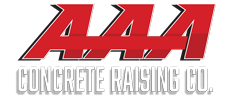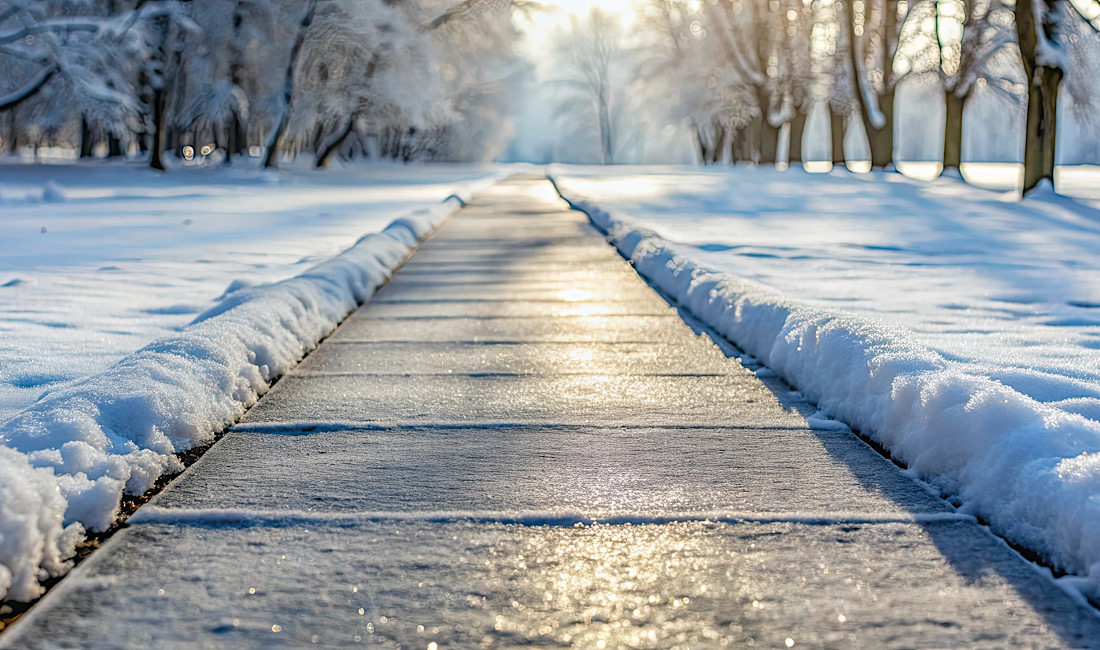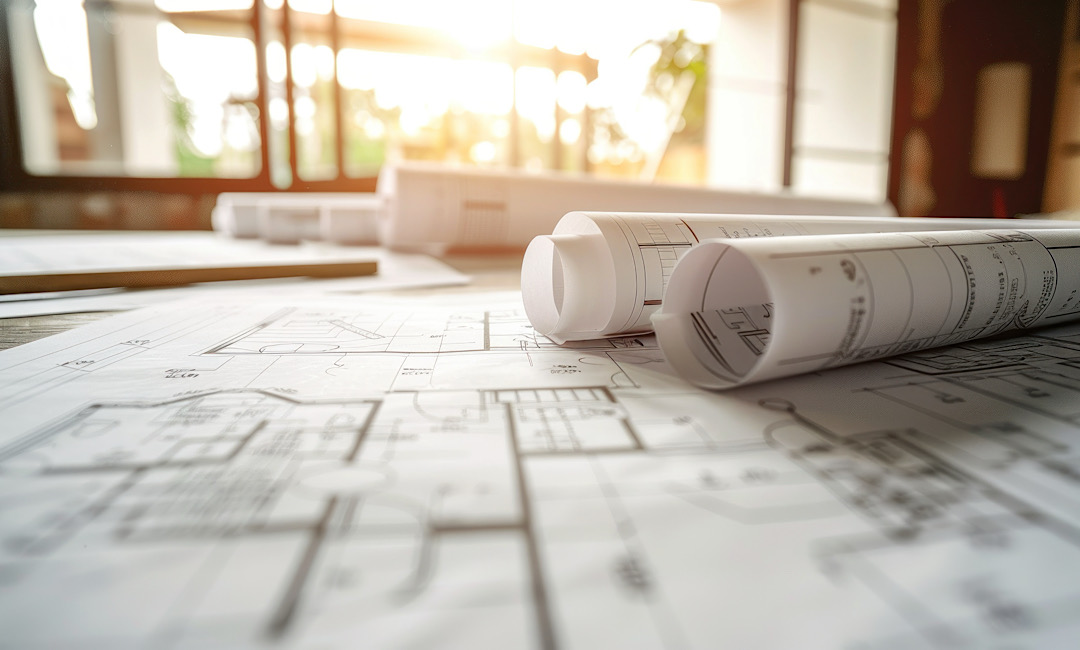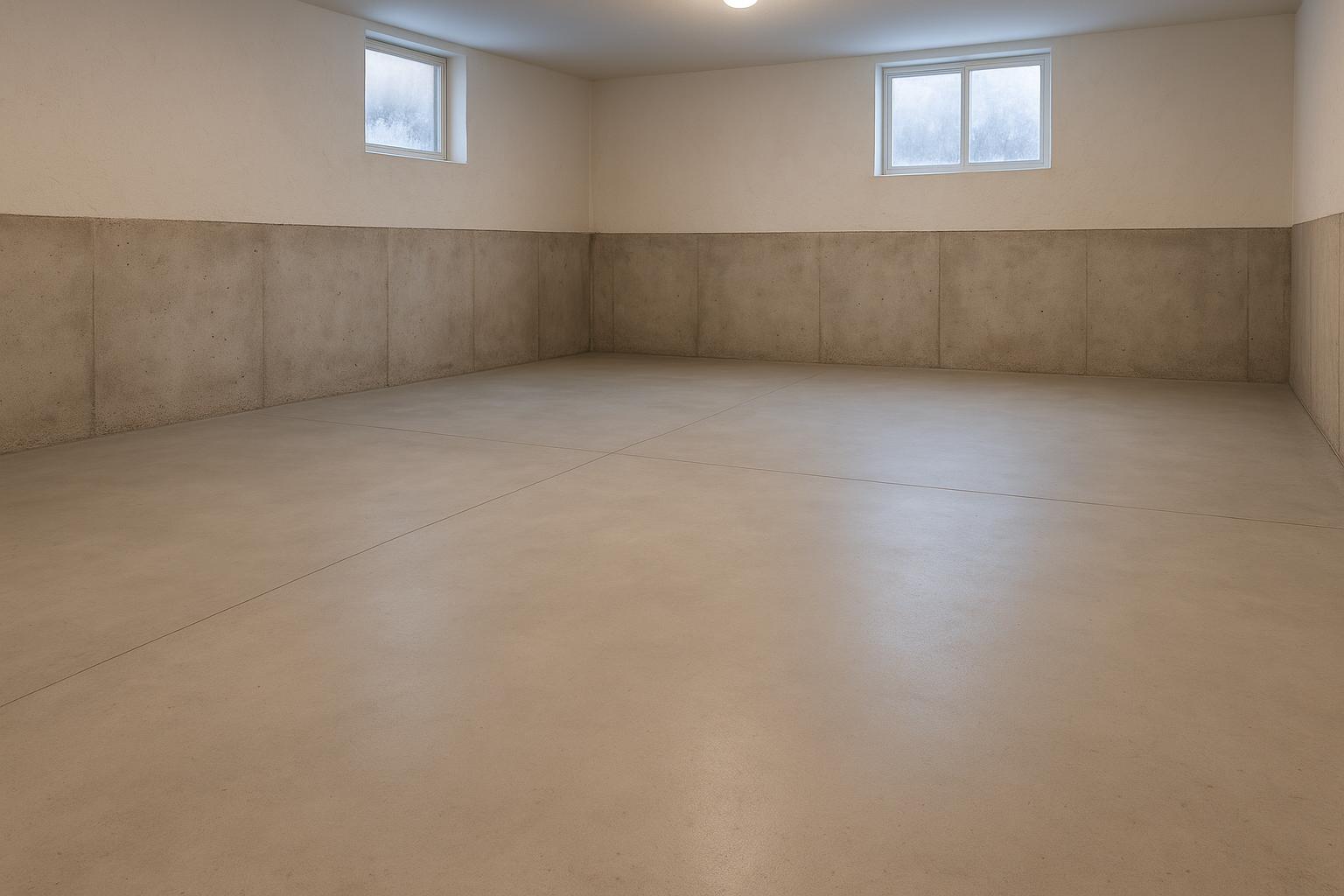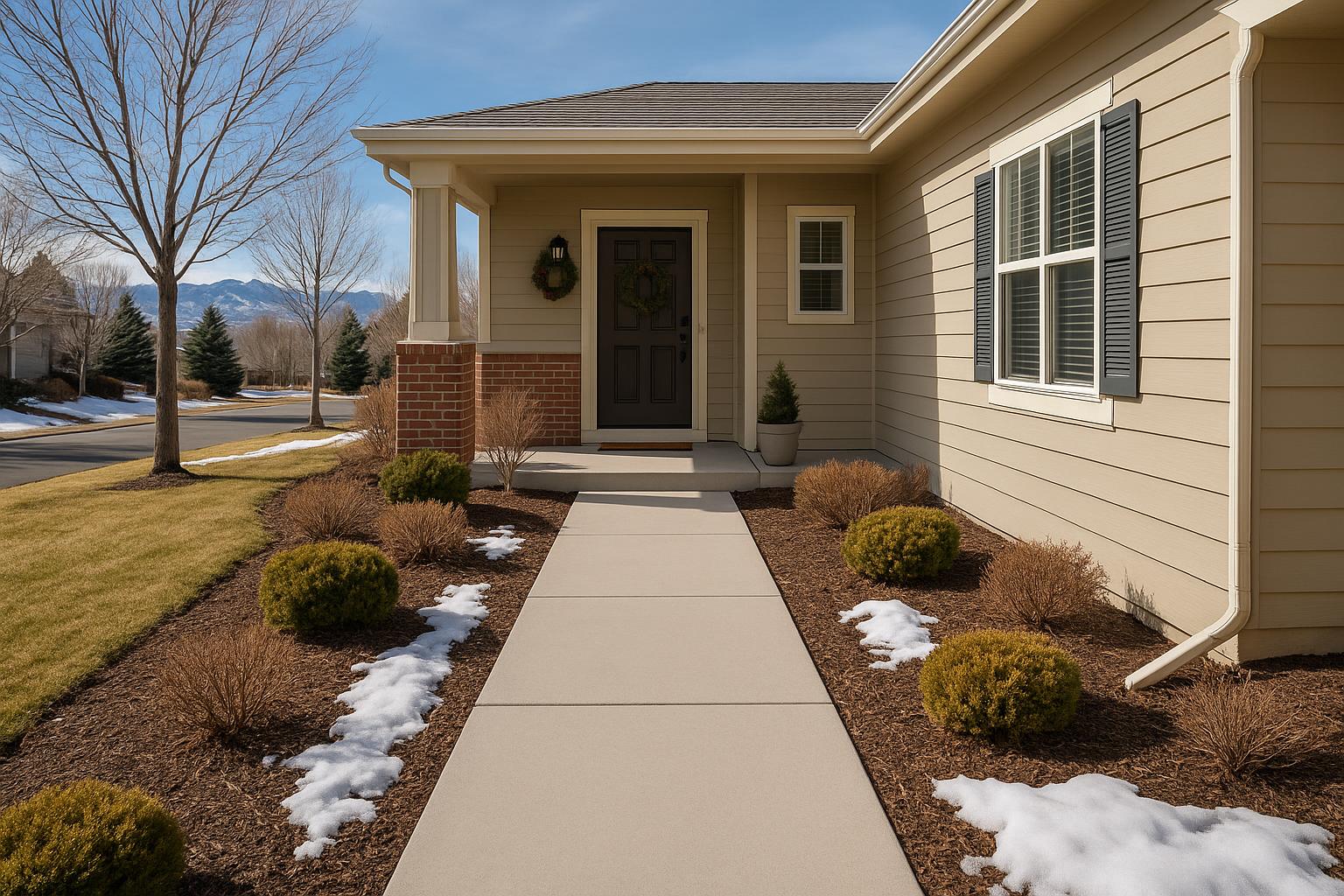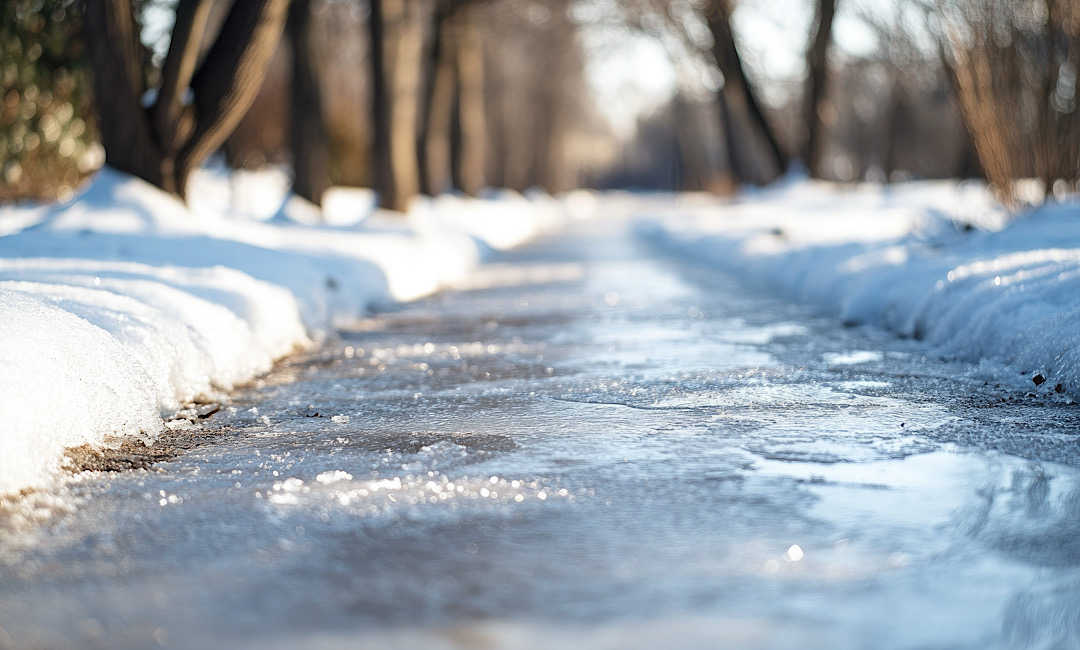Winter in Denver, CO, is characterized by freezing temperatures, snowfall, and fluctuating weather conditions, all of which can significantly affect concrete structures. Concrete, a durable material, is not immune to the harsh effects of winter weather. Homeowners and businesses in Denver often encounter issues like cracking, spalling, and shifting concrete during the colder months. Understanding these impacts can help in taking preventive measures and planning timely repairs.
The Freeze-Thaw Cycle and Its Effect on Concrete
Denver’s winters often hover around freezing temperatures, making the freeze-thaw cycle a common phenomenon. This cycle is one of the leading causes of winter-related damage to concrete. Water from melting snow or ice seeps into small cracks or pores in the concrete. When temperatures drop below freezing, this water expands as it turns into ice, exerting significant pressure on the concrete. Over time, the repeated cycle of freezing and thawing causes:
Cracking: As ice forms and expands within the concrete, it creates internal stress, leading to surface and structural cracks.
Spalling: The outer layer of the concrete can flake or chip off, leaving the surface rough and weakened.
Structural Weakening: Continuous freeze-thaw exposure compromises the integrity of the concrete, making it more prone to failure.
Addressing damage caused by the freeze-thaw cycle often requires professional services like concrete raising or repair to restore the surface’s functionality and appearance.
Deicing Salts and Their Impact on Concrete
Deicing salts are commonly used during Denver’s snowy winters to ensure safe walking and driving surfaces. While effective in melting ice, these salts can harm concrete over time. The chemical composition of deicing agents accelerates the deterioration of concrete surfaces by:
Increasing Freeze-Thaw Damage: Salts reduce the freezing point of water, keeping it in liquid form at lower temperatures. This water can infiltrate concrete, leading to more frequent freeze-thaw cycles.
Promoting Surface Scaling: The chemical reaction between salt and the concrete surface can cause scaling, where thin layers of the concrete break off.
Encouraging Corrosion: Salt exposure can lead to corrosion of steel reinforcements in concrete structures, compromising their stability.
To mitigate these effects, homeowners can opt for concrete-safe deicing alternatives and ensure timely sealing of their concrete surfaces.
Shifting and Settling Due to Temperature Fluctuations
Temperature fluctuations are another major concern for concrete in Denver. Extreme cold and subsequent thawing can lead to significant expansion and contraction of the concrete, causing:
Heaving: As the ground beneath the concrete freezes, it expands and pushes the concrete upward. This heaving creates an uneven surface and may lead to trip hazards.
Settling: During the thawing phase, the ground contracts and may no longer support the concrete adequately, resulting in sinking or uneven slabs.
These shifts are particularly problematic for driveways, sidewalks, and patios. Professional concrete raising services, such as mudjacking or polyurethane injection, are effective solutions for addressing uneven slabs caused by shifting.
Preventive Measures and Repair Solutions for Winter Concrete Damage
Preventing winter weather damage to concrete involves proactive measures and timely repairs. Homeowners and businesses in Denver can take the following steps to protect their concrete:
Seal the Concrete: Applying a high-quality sealant helps reduce water absorption and minimizes damage from freeze-thaw cycles.
Remove Snow Promptly: Clearing snow prevents prolonged exposure to moisture and reduces the risk of water infiltration.
Use Safe Deicing Products: Opt for products that are less harmful to concrete, such as sand or calcium magnesium acetate.
Schedule Regular Inspections: Identifying cracks or weak spots early allows for prompt repairs, preventing further damage.
For damaged surfaces, repair solutions like concrete raising, crack filling, or slab replacement can restore the functionality and appearance of the concrete. AAA Concrete Raising specializes in providing efficient and long-lasting repair services tailored to Denver’s unique winter challenges.
Taking preventive action and addressing issues early can significantly reduce the long-term costs associated with winter weather damage to concrete. To ensure the best outcomes, work with experienced professionals who understand the specific needs of Denver’s climate. Contact AAA Concrete Raising today to protect and maintain your concrete surfaces through every season.
